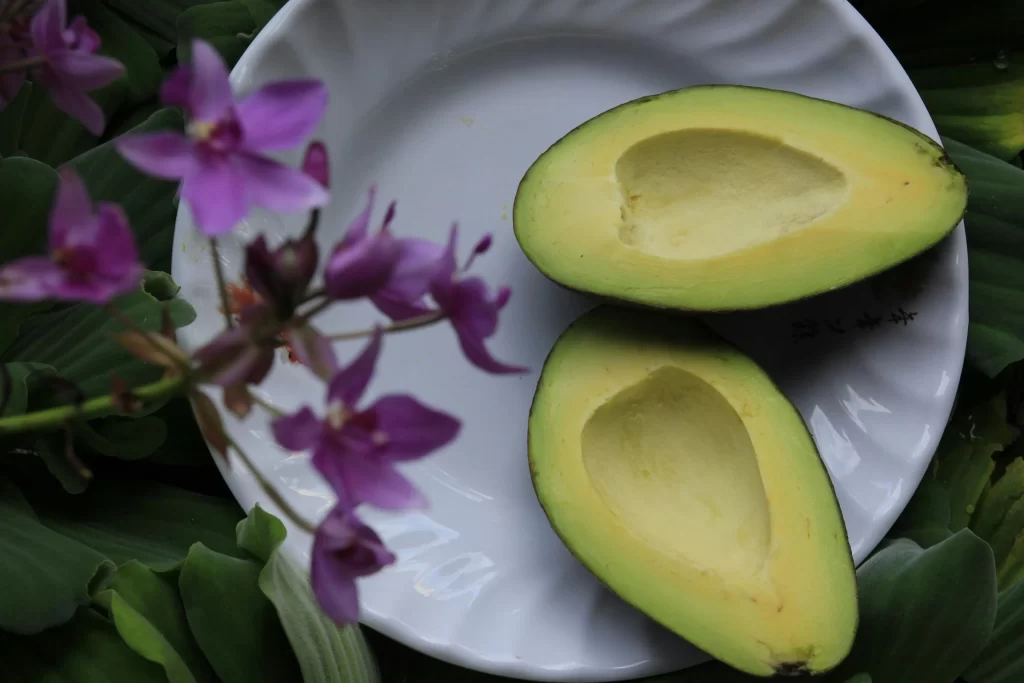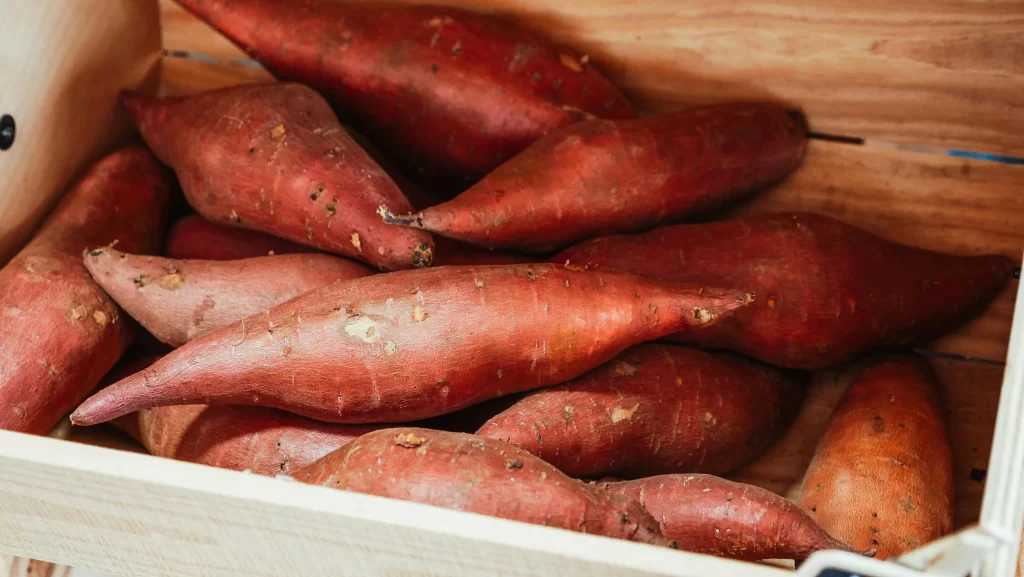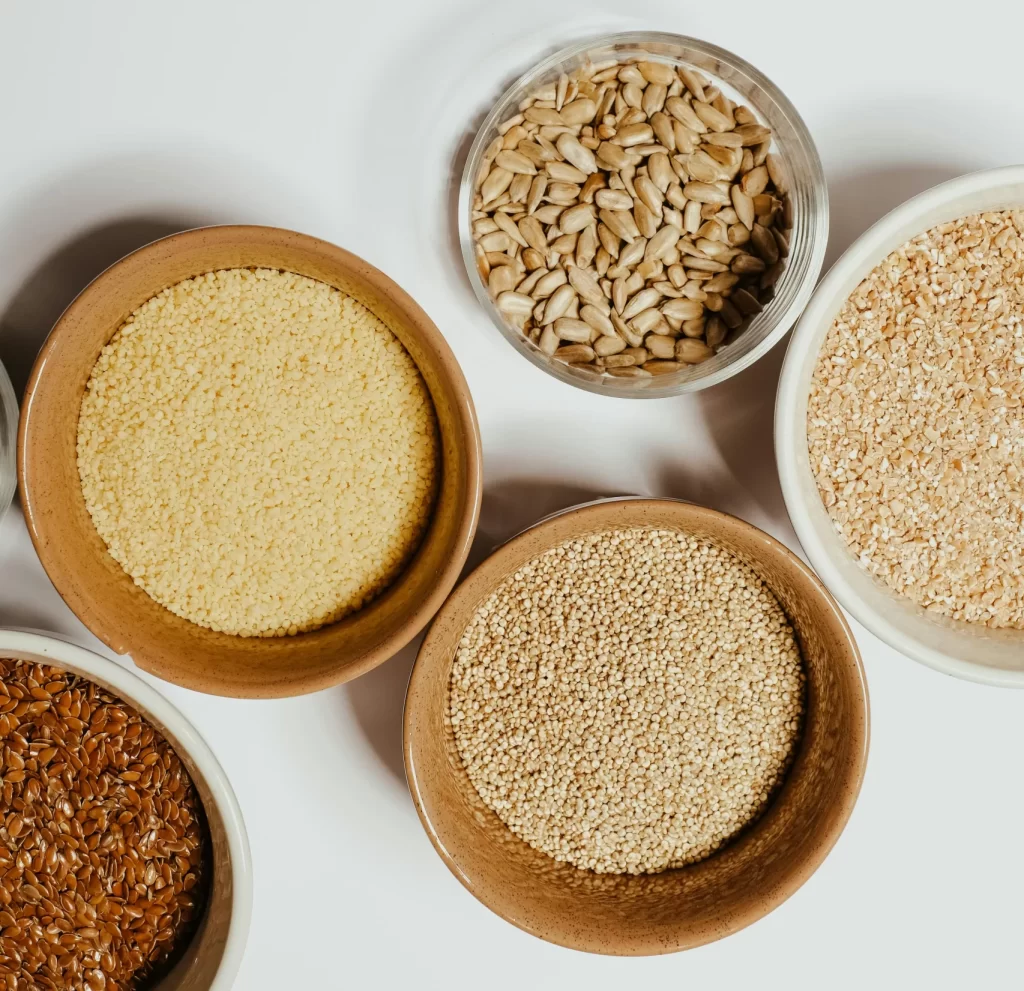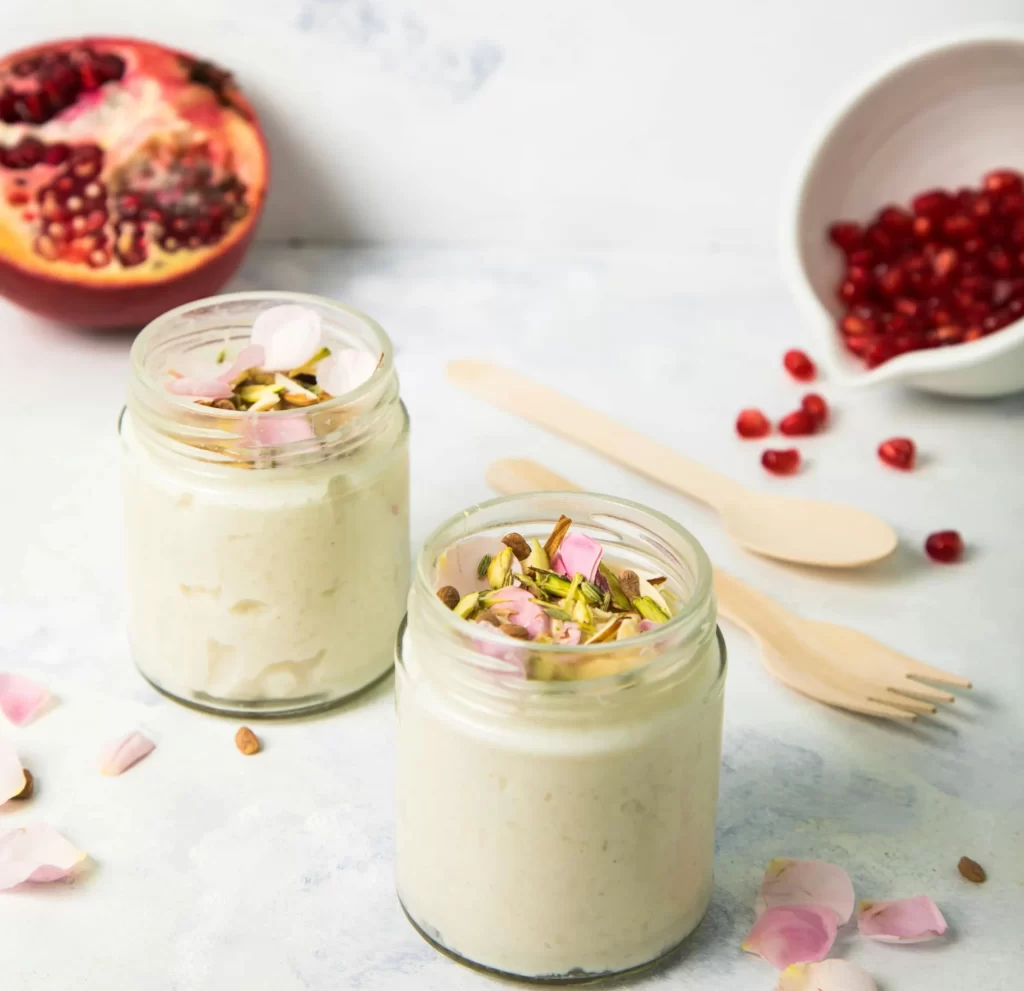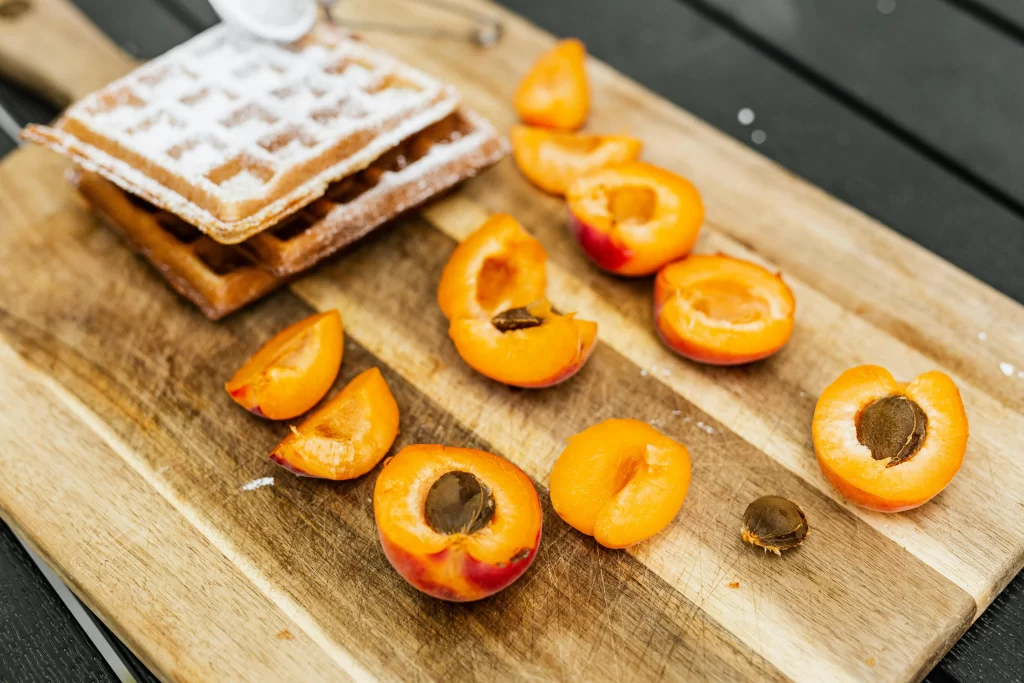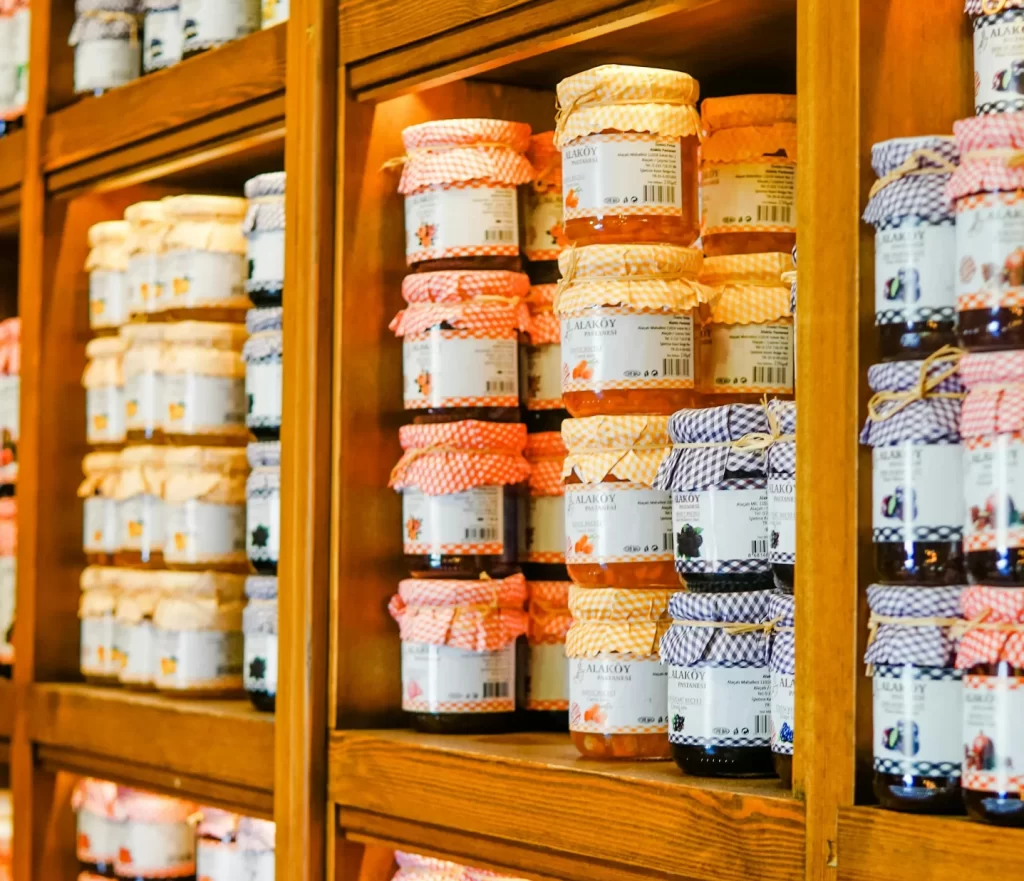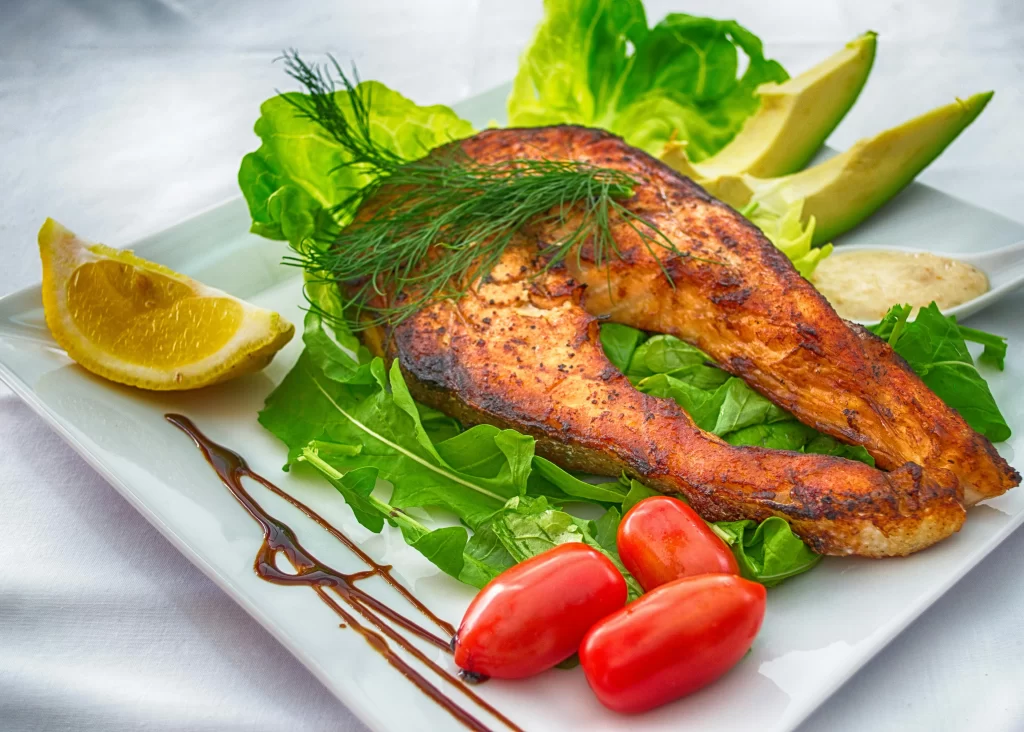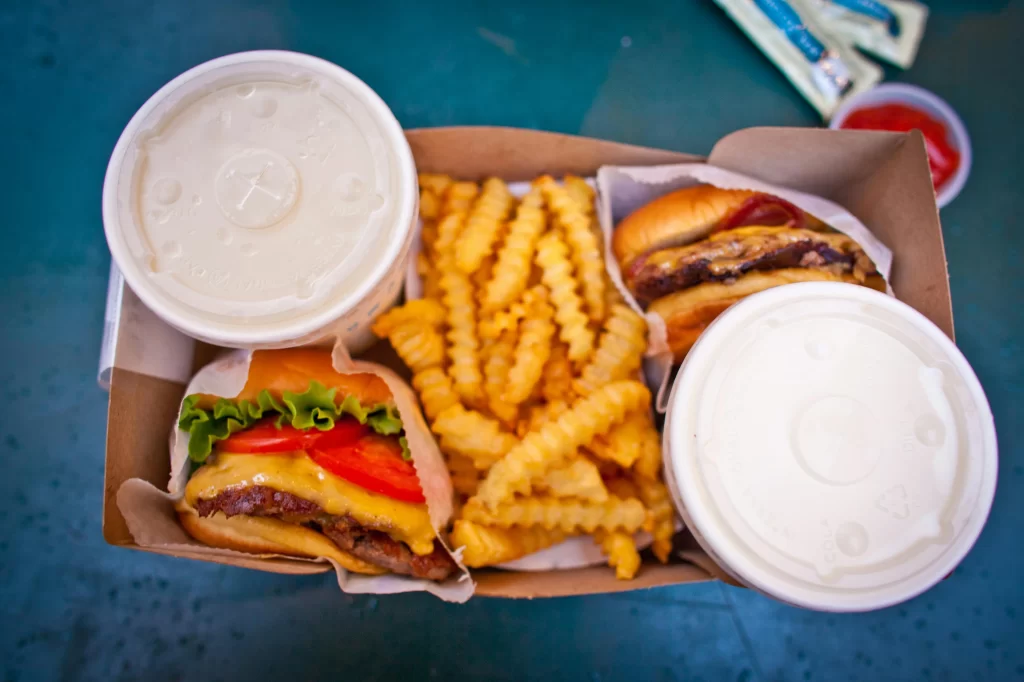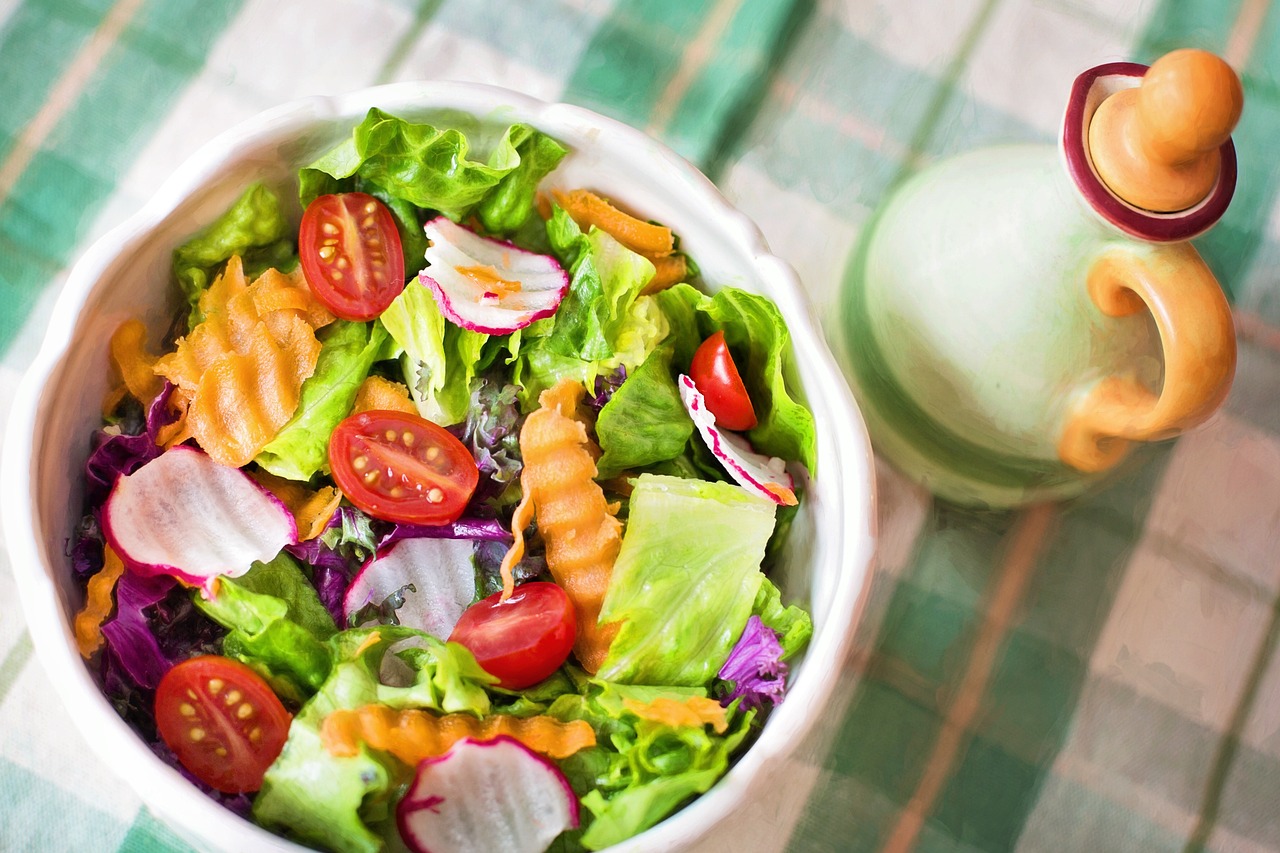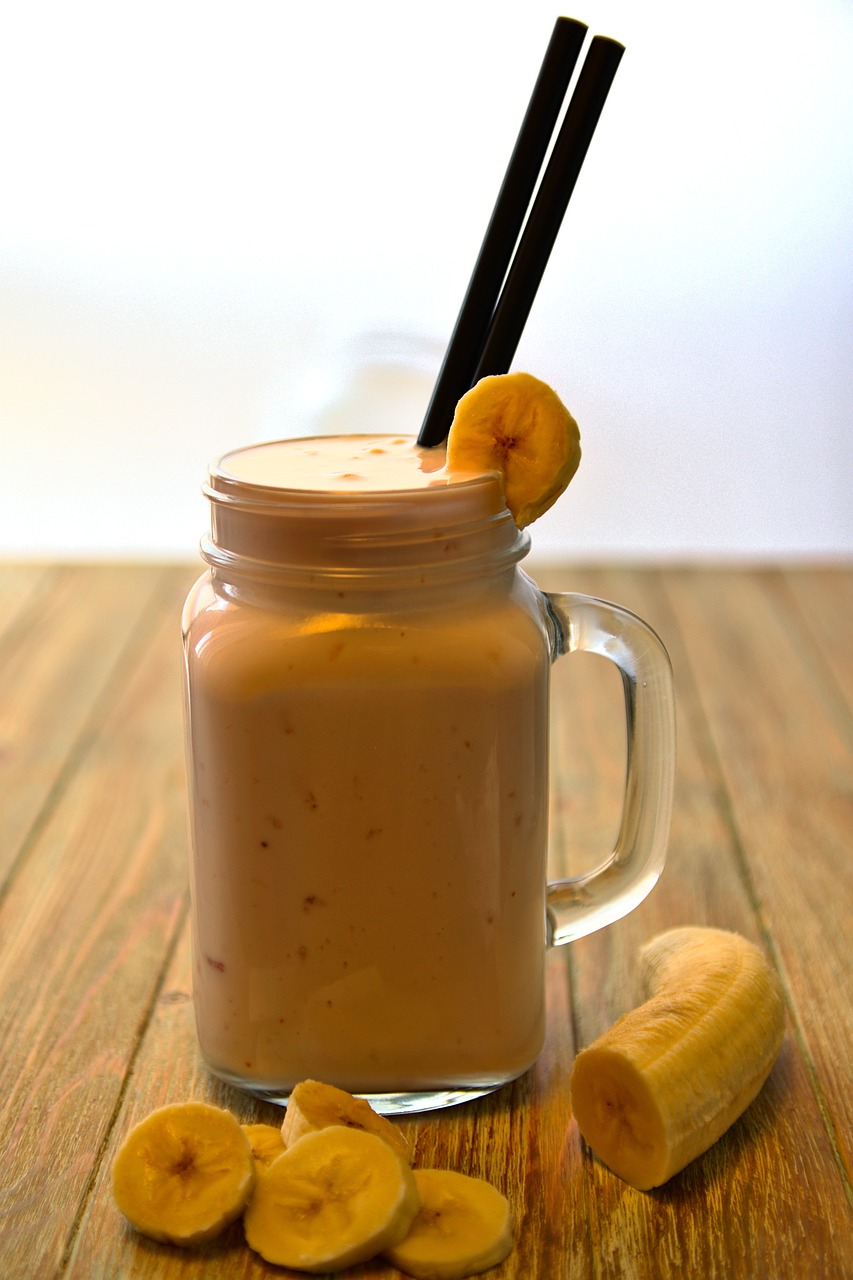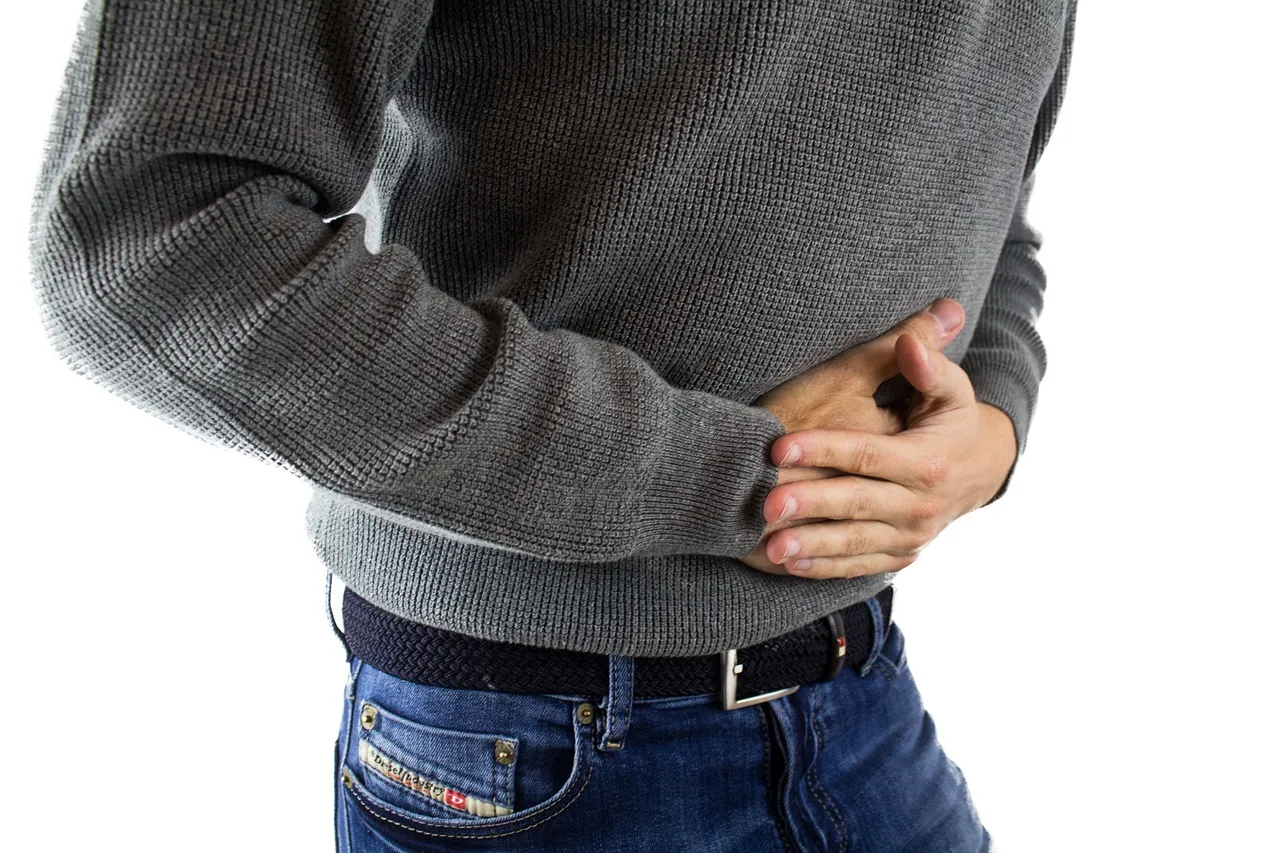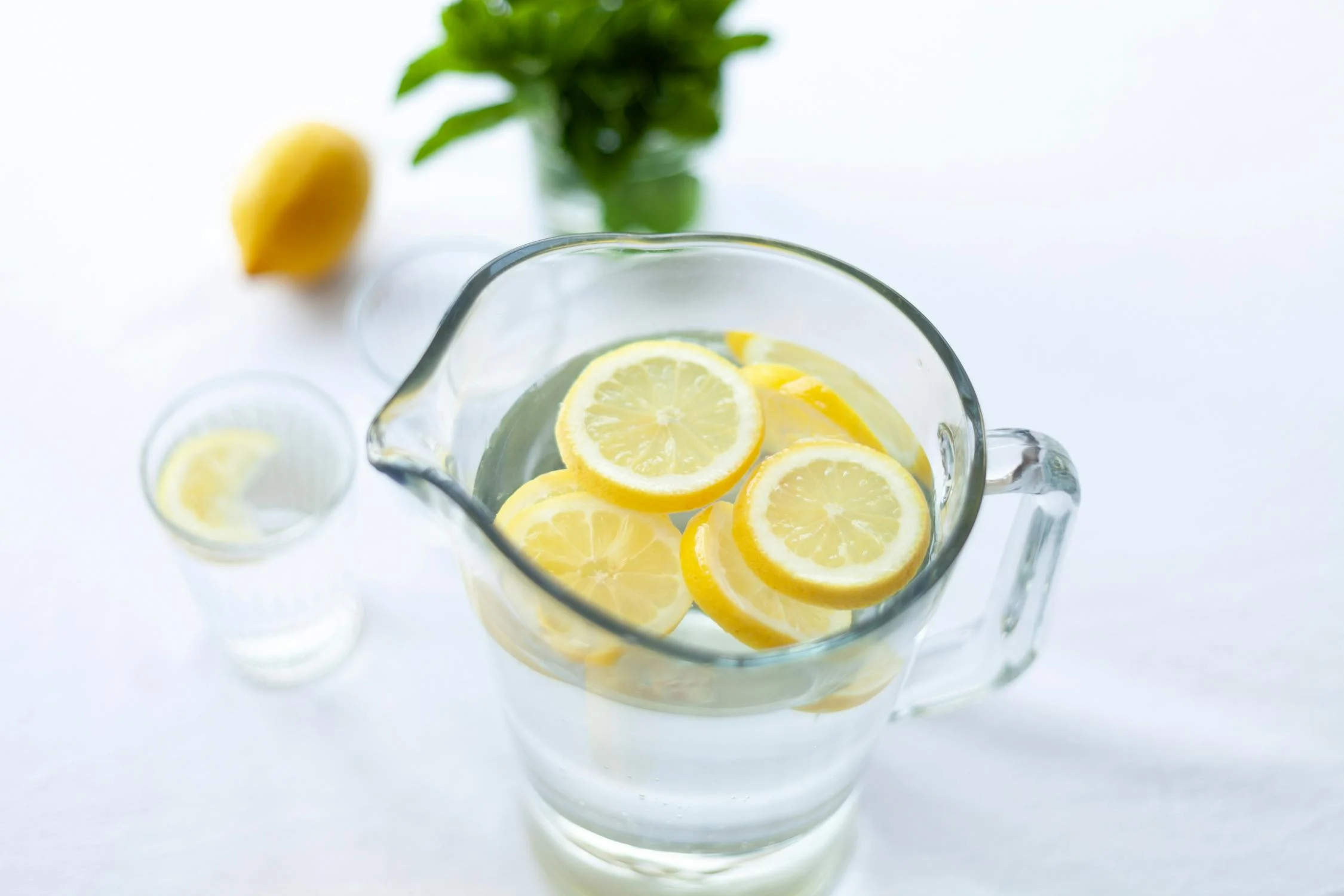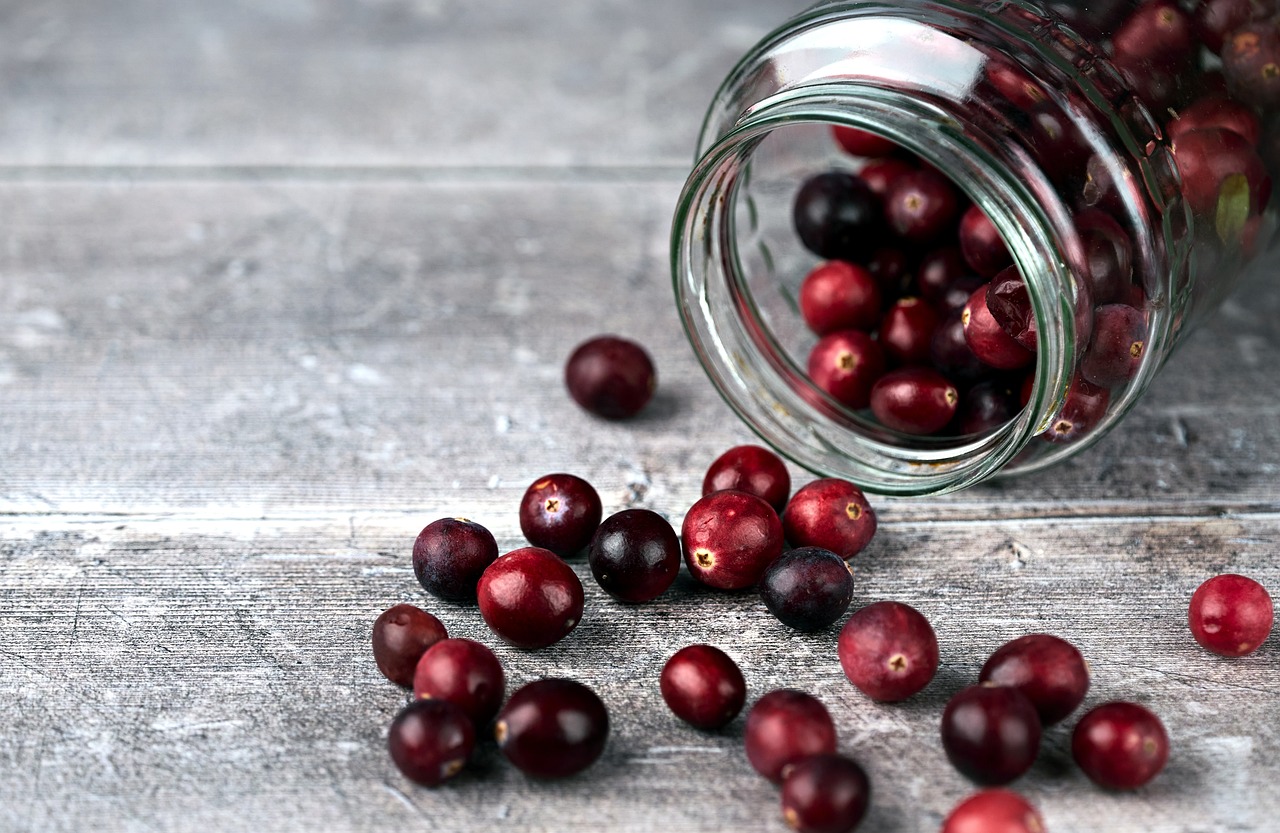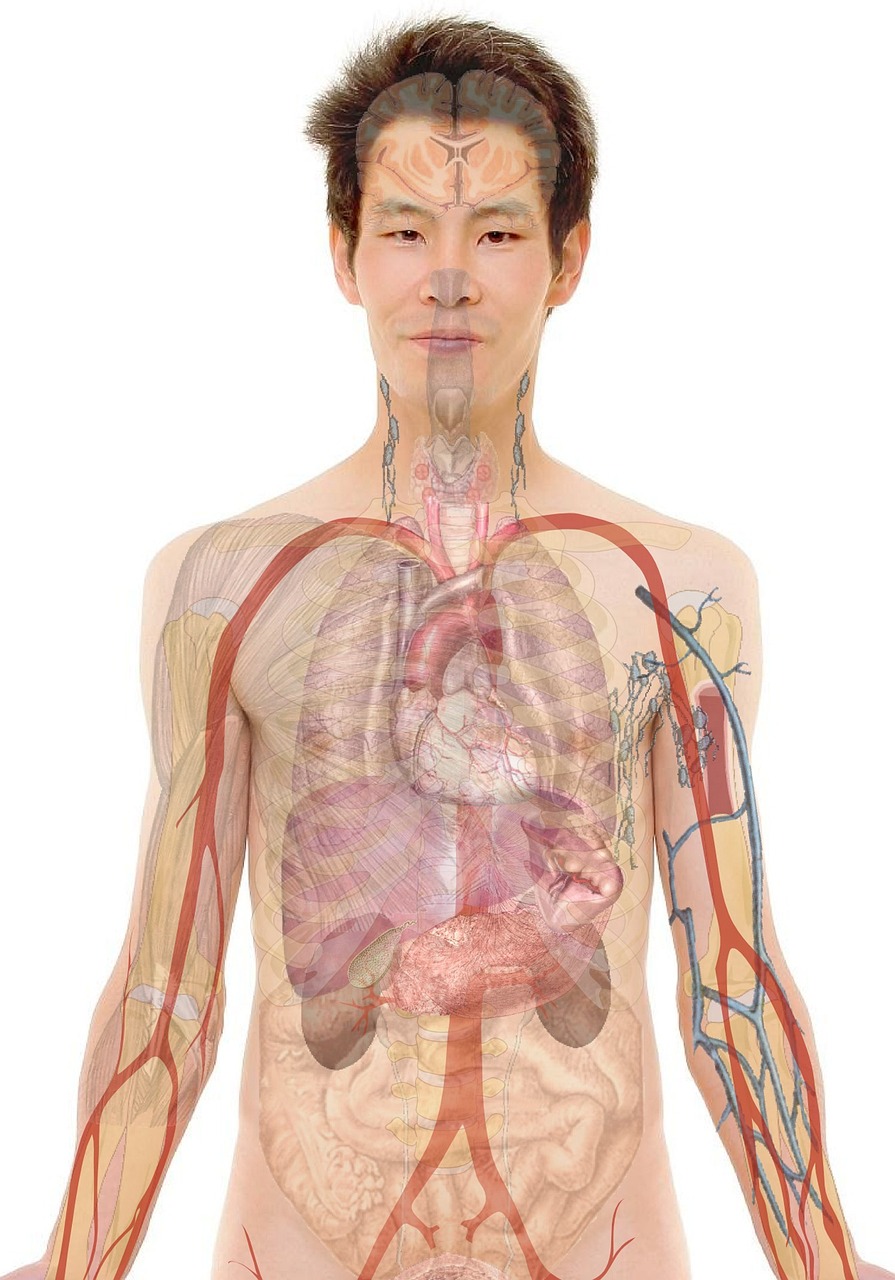Being a new mom can feel overwhelming, especially when it comes to knowing what to eat while breastfeeding.
That’s why Dr.Jyoti Singh, a nutrition expert for moms, has put together this helpful article, which has all the important details about the diet chart for lactating mothers.
It’s all about giving you easy-to-follow advice on what foods are best for you and your baby during breastfeeding. And if you ever have any questions or need personalized help, Dr. Jyoti is just a call away.
Let’s make sure you and your little one are eating right and feeling great!
What are the Best Food for Breastfeeding Mothers?
1. Avocado
Avocados are packed with good stuff that moms need. They’re full of healthy fats, which help keep you feeling full and satisfied.
Plus, they’re loaded with important vitamins like B, K, C, and E, as well as folate and potassium. So, eating avocados gives your body lots of nutrients it needs to stay healthy.
2. Beans and Legumes
Beans and legumes are great foods for moms because they’re full of protein, vitamins, and minerals that your body needs. They also contain something called phytoestrogens, which can help increase milk production.
It’s good to eat a variety of beans and legumes because they’re good for your overall health and can help keep your milk supply healthy, too.
Soybeans and chickpeas are especially nutritious because they have a lot of phytoestrogens in them. But if your baby seems to be allergic to soybeans, it’s best to avoid them.
3. Sweet potatoes
Sweet potatoes are full of good stuff like vitamin A and potassium. Vitamin A is important for keeping your eyes and immune system healthy.
It also helps your organs, like your heart, lungs, and kidneys, stay strong. So, eating sweet potatoes is good for your overall health.
4. Whole grains
Rice, bread, and oatmeal are packed with vitamins, minerals, fibre, and carbs. They keep you feeling full and give your body all the important stuff it needs. Plus, fiber helps make milk.
Eating whole grains, like oatmeal cookies, healthy bread, and brown rice, is good for breastfeeding because they can help support the hormones that make breast milk. So, make sure to include them in your diet.
5. Yoghurt
Yoghurt is a great snack because it’s easy and has lots of good stuff like probiotics, protein, vitamins, and calcium. Including low-fat dairy products in your meals while breastfeeding gives you the energy your body needs.
Greek yoghurt is especially high in protein and comes in different flavours, so you can pick your favourite. It’s also quick to eat, even when you’re busy taking care of your baby.
6. Apricots
Apricots are really good for you and your baby because they’re full of fibre, antioxidants, vitamins, and minerals like vitamin A and vitamin C. These things help keep both of your immune systems strong.
Dried apricots have something called phytoestrogens, which help balance the hormones that make milk. So, apricots are like a helpful friend for breastfeeding moms because they can boost your milk supply.
7. Dark green leafy vegetables
Dark green leafy vegetables such as alfalfa, lettuce, kale, spinach, and broccoli are packed with fibre, folate, calcium, and vitamins. They also contain something called phytoestrogens, which can help with making breast milk.
(Note: Eating too much broccoli can upset your baby’s tummy, so it’s best to have it in moderation.)
8. Fennel seeds
Fennel seeds are packed with fibre, potassium, manganese, zinc, iron, calcium, and vitamins C & A. They’re also known as herbal galactagogues, which means they can help with making breast milk.
Adding a few fennel seeds to tea or using them to flavour vegetables are ways breastfeeding moms can enjoy them. These seeds might help increase milk production, making them a helpful choice for nursing moms.
You may also like to read:
- Post-pregnancy Weight Loss Diet Plan That Works
- The Most Beautiful & Magical Transformation of a New Mother
Foods to Avoid When Breastfeeding
1. Processed foods
Processed foods, while convenient, can be harmful to a baby’s health because they contain preservatives and additives. These ingredients might make your baby feel cranky or upset.
They can also lead to digestive issues and allergies. So, it’s best to avoid giving processed foods to your baby.
2. Alcohol
Drinking alcohol while breastfeeding is not safe because any amount of alcohol in breast milk can harm the baby. Even a small amount of alcohol can affect the baby’s development and sleep patterns.
Too much alcohol can also disrupt the baby’s hormones and decrease milk production. So, it’s best to avoid alcohol when breastfeeding to keep your baby healthy.
3. Coffee
Drinking too much coffee during pregnancy and breastfeeding can affect the baby’s haemoglobin levels.
It’s okay to have a moderate amount of caffeine, but too many cups of coffee can lower the iron in breast milk. So, it’s best to limit how much coffee you drink to keep your baby healthy.
4. Cigarettes
Smoking is never a good idea, even if you’re not breastfeeding. Smoking cigarettes can make babies more likely to have sudden infant death syndrome (SIDS) and breathing problems like asthma.
So, moms need to avoid smoking to keep their children healthy.
5. Parsley and Sage
Some women may not notice any issues with eating parsley and sage, but they might not eat as much of these herbs as women who find that their milk supply decreases after consuming them.
6. Fish high in mercury
Fish is a good source of omega-3 fatty acids, which are healthy for you. But breastfeeding moms need to be careful and avoid fish that have a lot of mercury in them.
Even a little bit of mercury can be harmful to a baby’s brain and nervous system if it gets into breast milk.
Fish like tuna, swordfish, mackerel, orange roughy, ray, shark, and ling have high levels of mercury, so it’s best to steer clear of them.
7. Wheat
Foods made from wheat are healthy, but they might not be okay for everyone, so it’s important to see how your baby reacts.
Babies who are allergic to wheat might have tummy troubles like rashes, bloody stools, and being fussy.
8. Junk Food
Having some junk food occasionally won’t hurt you or your baby, but eating too much of it can be bad for your baby’s health. Junk food often has lots of unhealthy fats that can increase the risk of obesity and overeating in children.
So, it’s best to limit how much junk food you eat to keep you and your baby healthy.
How Long Should You Follow The Diet For Breastfeeding Mother?
How long you should stick to a diet plan while breastfeeding can be different for everyone.
But in general, it’s best to eat healthy and balanced meals for the whole time you’re breastfeeding, which is usually at least the first six months of your baby’s life.
During this period, your body needs extra nutrients to make milk and recover from childbirth. Following a diet plan for breastfeeding moms can make sure you’re giving yourself and your baby the best nutrition possible.
FAQ
Do I need to take vitamins for lactation?
Yes, it's important to ensure you're getting enough essential vitamins, particularly Vitamin D. Vitamin D is crucial for healthy bones, both for you and your baby. Most of it comes from exposure to sunlight. However, if you live in a place with little sunlight, especially in winter, you may not get enough Vitamin D, so supplements may be recommended. Additionally, make sure to get enough calcium, as breastfeeding can reduce its levels. Aim for four servings of dairy products per day, such as milk, yogurt, or cheese. If you prefer non-dairy options, consider nuts, tofu, sesame seeds, and leafy green vegetables. One serving equals roughly half a cup of green vegetables or a small 50g piece of cheese.
Does breastfeeding require extra calories?
Yes, breastfeeding mothers typically need about 500 extra calories per day compared to non-breastfeeding mothers. However, it's important to remember that every woman's needs are different, and your calorie requirements can vary during your breastfeeding journey. Factors such as your baby's age, size, and appetite, as well as your Body Mass Index (BMI), activity level, and whether you're exclusively breastfeeding or not, can all affect how many calories you need. Additionally, if you're breastfeeding twins or multiple babies, you may require even more calories.
Should I drink more when breastfeeding?
Yes, it's important to drink more fluids when breastfeeding because it can make you feel thirsty. Normally, we should drink six to eight glasses of fluids a day, but when breastfeeding, you may need even more. Try to drink a glass of water, milk, or fruit juice without added sugar every time you breastfeed your baby.
I love coffee. Should I avoid caffeine?
It's a good idea to limit caffeine when you're breastfeeding because it can pass into your breast milk. Ask your doctor or healthcare professional what's best for you.
Will my baby become less picky if I diversify my diet?
Yes, when you breastfeed, your milk takes on the flavors of the foods you eat. If your baby is under three months old, it's best to avoid alcohol, since it can affect your milk supply. By having a varied diet with different flavors, your baby may become more accustomed to these tastes and enjoy a wider range of foods later on. If you enjoy spicy foods, there's no reason to avoid them while breastfeeding.
I do not like cow’s milk, is there any alternative to it ?
You don't necessarily have to drink cow's milk while breastfeeding, but calcium is important for both you and your baby. So try fortified plant milks, yogurt, cheese, leafy greens, tofu, sardines or salmon. Talk to your Nutritionist/dietitian for a personalized plan.
Also Read,
- Are Blueberries Low FODMAP? Expert Insights and Tips
- Top Fruits To Help Reduce Creatinine Levels
- The Low FODMAP Diet Plan: Get Rid of Bloating and Gas for Good
A Concluding Note
It’s important to be careful about the food you eat, especially when you’re breastfeeding. If you think your baby might be allergic to something you ate, talk to your doctor right away.
These are general tips for all my readers, and remember, if you need any personal assistance, you can always contact me.


